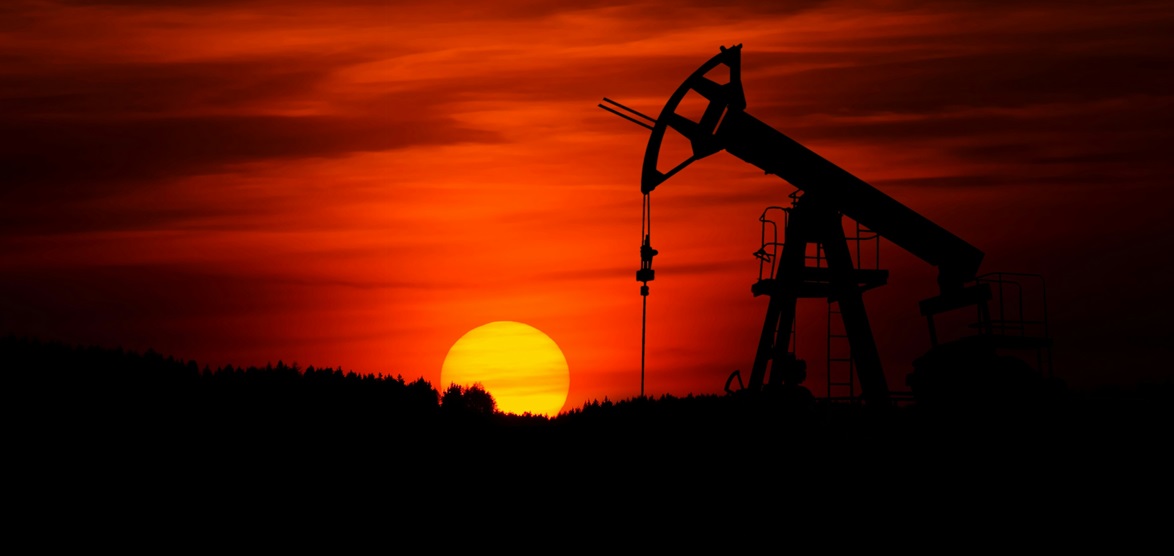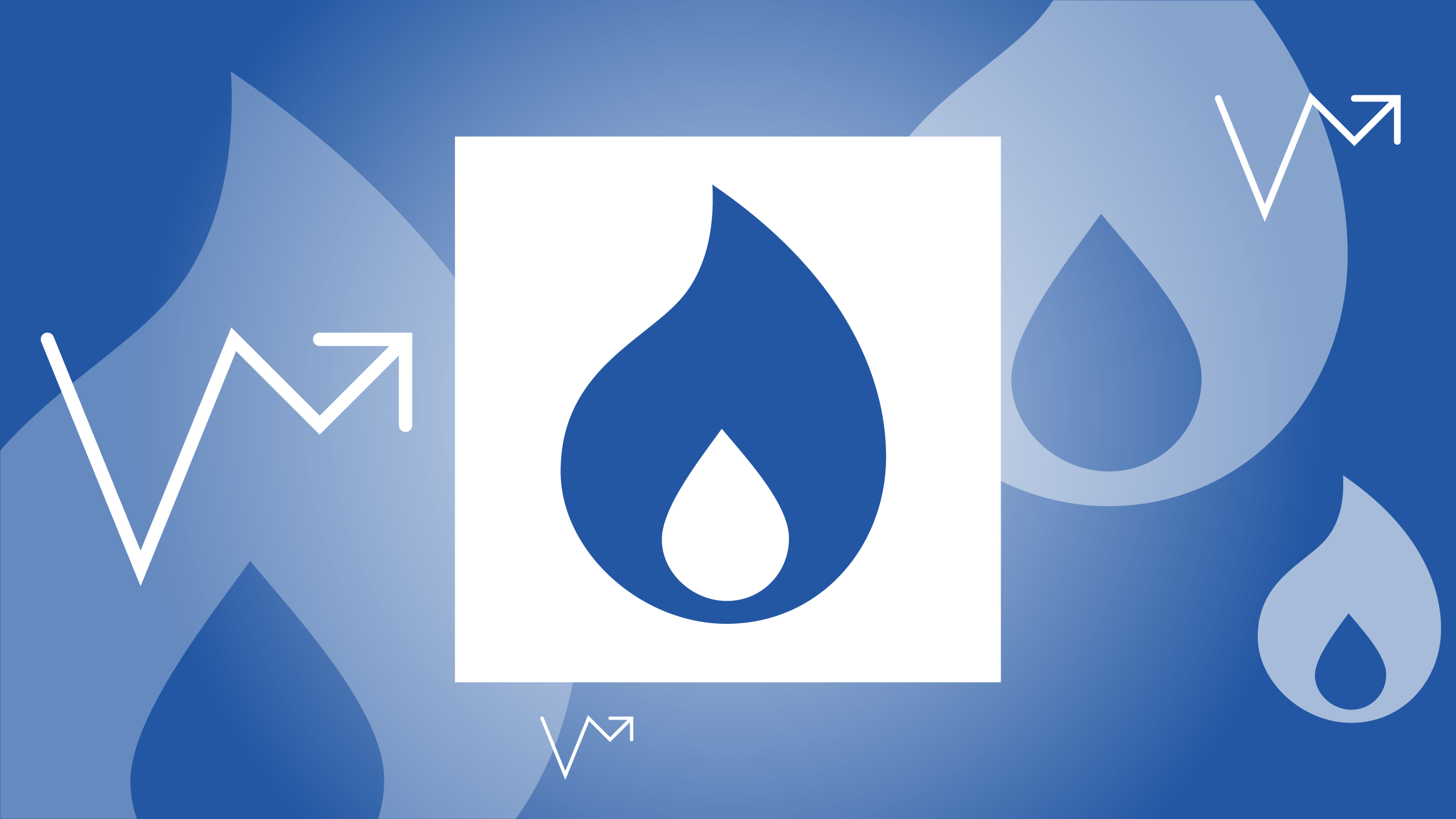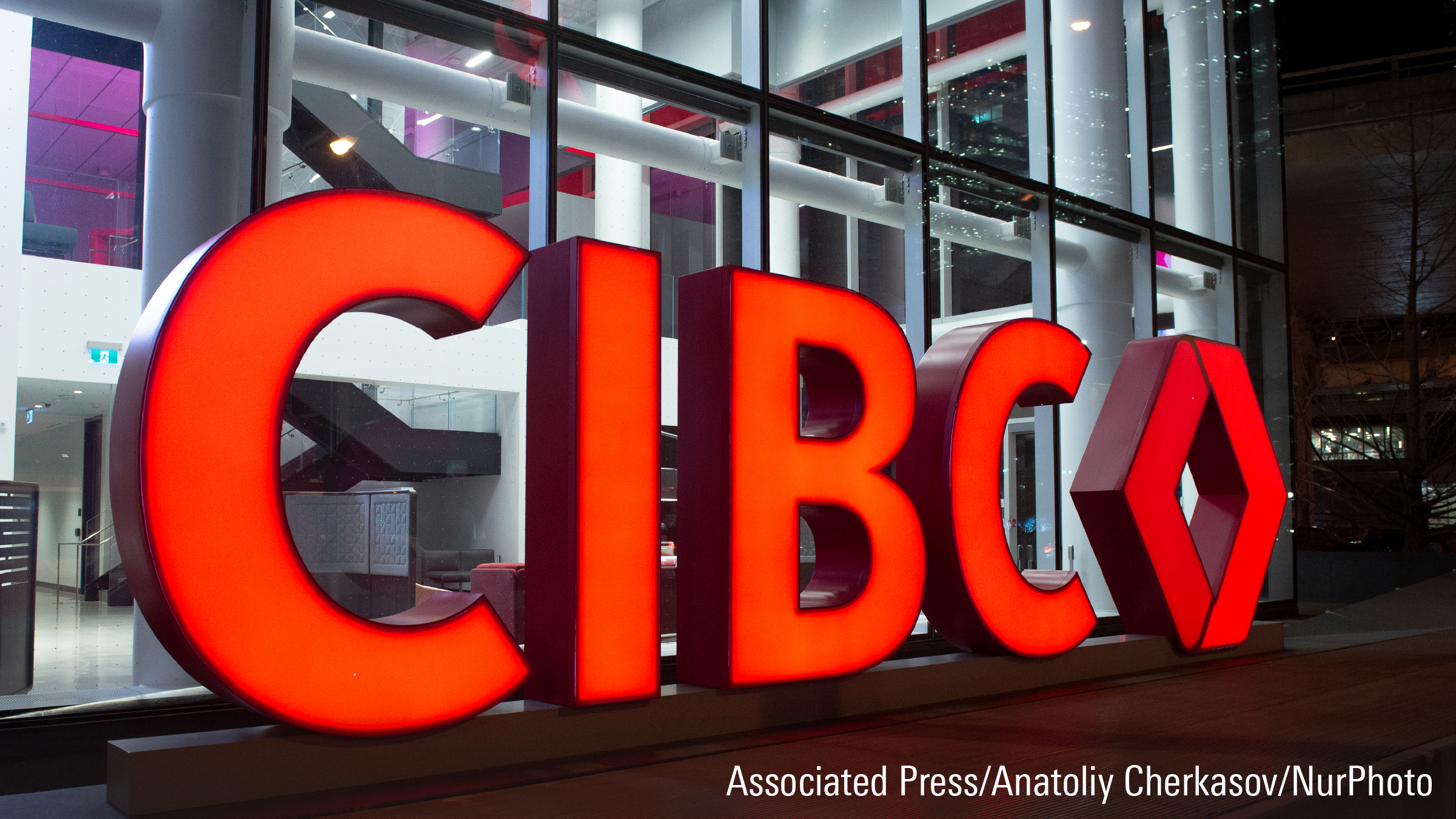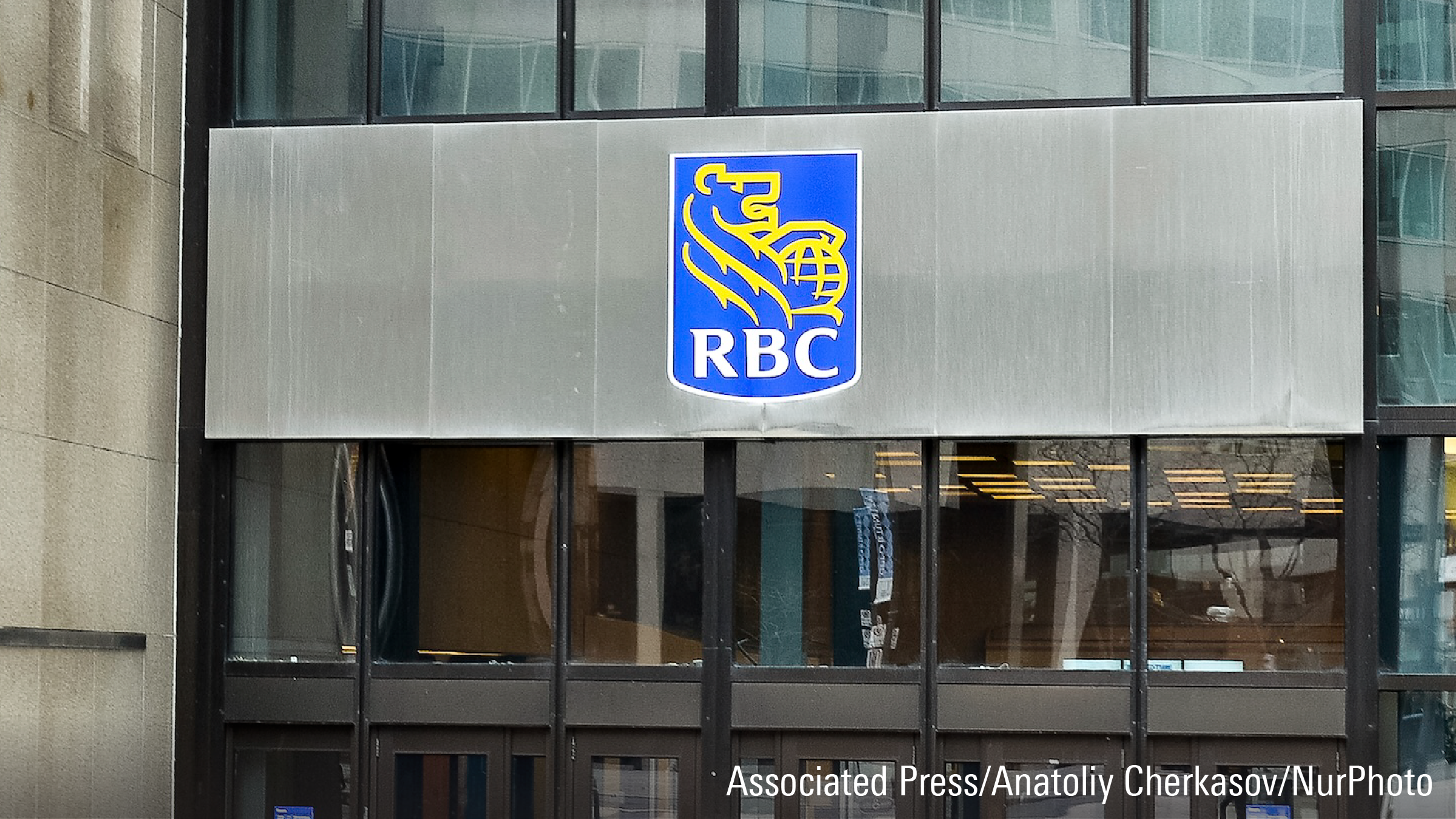
SHIFT’s 2023 Canadian Pension Climate Report Card claims that Canada’s top 11 pension funds, which manage + $2 trillion in assets, are too slow in relinquishing their investments in oil and should accelerate their retreat. “Canada’s pension sector remains misaligned with the scientific imperative to limit global heating to as close to 1.5°C as possible,” the report writes.
Of the ten funds analyzed by the report, only one, The Caisse de dépôt et placement du Québec (CDPQ), gets a grade of B- or better on fossil fuel exclusions. SHIFT salutes CDPQ for having “essentially completed the exit from the oil sector, including production and refining, and from coal mining.” Except for IMCO’s “C- grade, all other funds get “Ds”, while a majority of six get a failing grade of “F”.
Dangers of Running Out of Gas
Are pension plans able to keep up with SHIFT’s expectations around a rapid exit from fossil fuels? “To get out of oil, pension funds would need to find a buyer, which would only transfer ownership to someone else,” asserts Clara Vargas, Senior vice-president of Canadian structured finance, at Morningstar DBRS. “That would not benefit the climate," she continues, "and that’s a major argument against divesting. You also have to consider all energy sources. This is a gradual process: without oil, you might increase energy prices. At the same time, you need to invest in alternatives.”
Except for CDPQ, Vargas recognizes that Canada’s pension funds are not divesting from high emitters. For CDPQ that was quite easy to accomplish because “their investment portion in oil was very small,” she notes. Other pension funds are rather “engaging with high emitters that have a science-based credible plan to transfer to a low carbon economy, with technologies like carbon capture and renewable energies,” says Vargas, “They need the capital and the time to effect this transition.”
The engagement with high emitters is the path that OPTrust follows. While she appreciates the role that an outside organization like SHIFT can play, “they are climate activists,” says Alison Loat, Managing director of sustainable investing and innovation at OPTrust. She points to her fiduciary duty to ensure a good return for members while the energy transition is ongoing: “SHIFT says that it wants full divestment; we take a more measured approach. (…) A full blanket divestment is very challenging in an economy that still is very dependent on oil.”
Nevertheless, OPTrust asserts its commitment to responsible investing and climate change-linked practices. “In our direct holdings, exposure to oil and gas constitute a small portion of our portfolio, in the low single digits," Loat says, “We have a heavier exposure to renewables, larger than oil and gas.”
CDPQ’s Returns are Greener on the ESG Side
OPTrust doesn’t divulge the performance of specific sectors in its total portfolio. It is a reluctance that CDPQ doesn’t share. The return on its green assets over the last five years has been 18%, which compares quite favourably with 7% over the same period for the MSCI ACWI Oil sub-index, notes Bertrand Milot, director of sustainable investments at CDPQ.
Milot laments the growth of exploration and production on the part of oil companies. “Our strategy is to not contribute to the increase of oil”, he says, “We don’t aim for an exit but for a slow decline, without any hikes. We have continued to invest in pipelines, but we don’t finance companies that produce new ones. Our view aligns with the International Energy Agency’s, which predicts a peak in oil around 2040 and a slow decline – if their projections are correct.”
Milot doesn’t disavow active ownership, but he also doesn’t agree with avoiding oil producers. “Pushing on a company to stop doing what it does best, we want to put our capital to better use,” he asserts.
Doing What One Does Best, But Better
Many other funds disagree and don’t see active ownership as stopping companies from doing what they do best, but rather steering them to do it in a “cleaner” way. “As one of the largest asset managers in Canada, we can affect corporate and market behaviour,” states AIMco, “Applying influence is part of our role as responsible stewards of our clients’ assets. Our intent is to accelerate positive outcomes through direct and collaborative engagement, policy advocacy, peer collaboration, and proxy voting.”
Oil can be shifted in a way to remain a player in the energy mix of tomorrow, Vargas believes. “In the end, this will be a multi-year effort, and we don’t need to get rid of oil,” she says,
“If we reach net zero by 2050, oil will still be an energy source we need. Demand for oil is coming from countries where we don’t control the agenda and where the requirement is very high. What if you cut emissions only in Canada but not in China; that will make very little difference.”



















